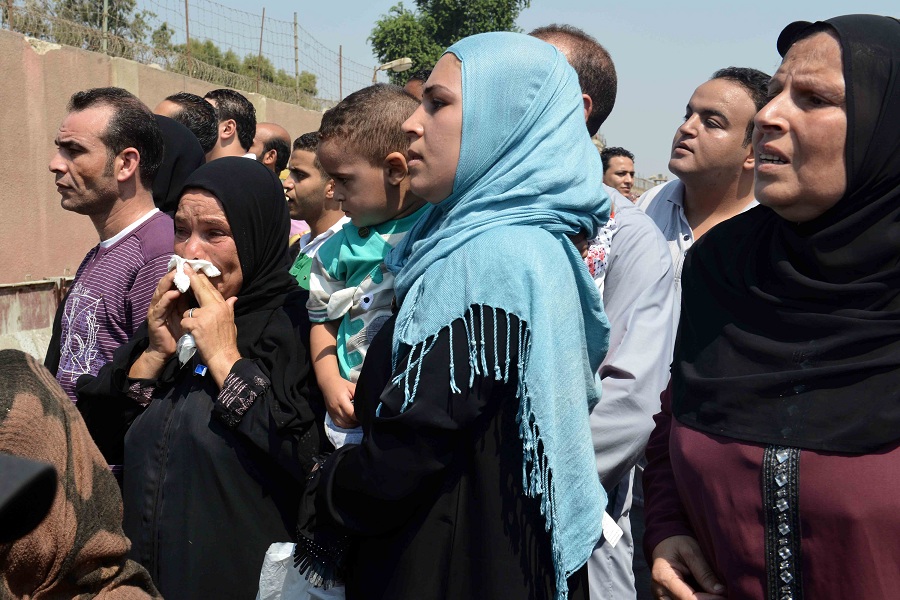Bulgaira (AFP)
Thirteen Muslim religious figures appeared in a Bulgarian court Tuesday to stand trial on charges of preaching radical Islam, AFP reported.
The 12 men and one woman — imams, mufti Islamic scholars and teachers — are charged with founding a local branch of the extremist Al Waqf-Al Islami group in the southern regions of Smolyan, Blagoevgrad and Pazardzhik.
The Netherlands-based but Saudi-funded organisation is suspected of links to Al-Qaeda.
Prosecutors say the 13 Bulgarians preached a radical ideology based on hardline Salafist teachings during prayers at mosques, lectures, sermons and cafe meetings between March 2008 and October 2010.
The group’s alleged leader, Mohamed Kamber, has previously told AFP he is not a dangerous radical and said he opposes violence. Other defendants have also previously said they are not guilty of any wrongdoing.
The charges against them specifically focus on their suspected “dissemination of anti-democratic ideology by propagating the preachings of the Salafite branch of Islam that seeks to impose a caliphate state.”
The defendants sat quietly at the start of Tuesday’s trial, with many of the men sporting beards and wearing Western-style suits and ties. The trial is expected to see about 40 witnesses and experts testify in hearings through September 28.
The verdict is expected a month later.
The case has sparked protests from Bulgaria’s Supreme Muslim Council, the country’s top Muslim religious body, that warned against increasing “obstacles to religious tolerance in Bulgaria, created by growing Islamophobia around the world.”
A number of Muslim minority researchers and human rights activists also worry the trial risks flaming tensions between Bulgaria’s religious and ethnic groups.
Bulgaria has the highest native Muslim population in the European Union — about 13 percent.
Krasimir Kanev, chairman of the Bulgarian branch of the Helsinki Committee human rights group, rejected the case as “absurd.”
“There is no proof whatsoever that they have preached an anti-democratic ideology or appealed for violence,” Kanev said, referring to the 124-page indictment.

